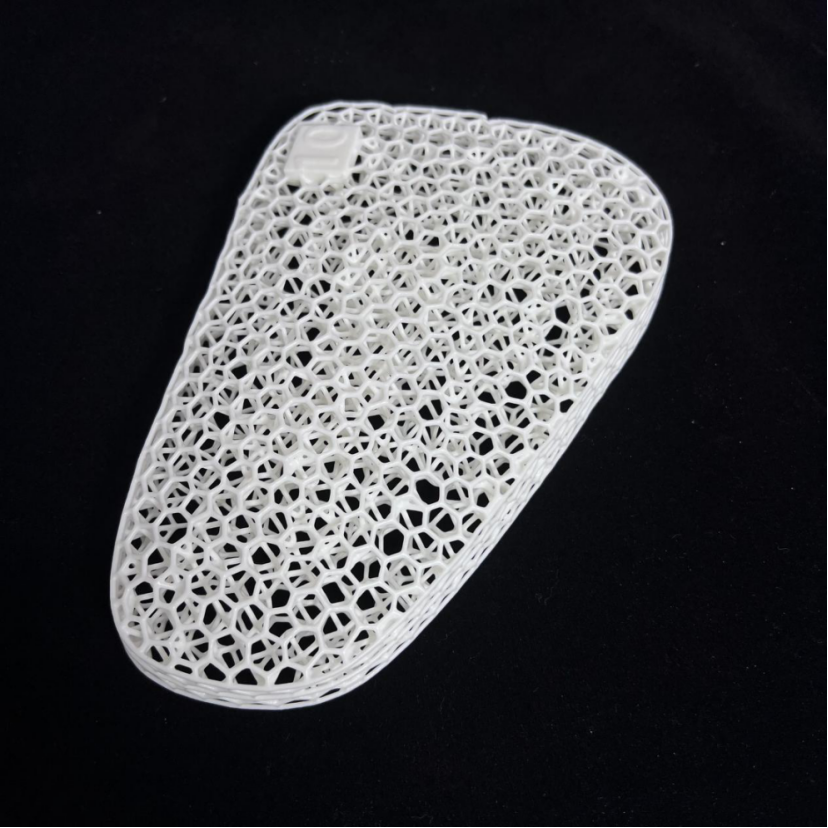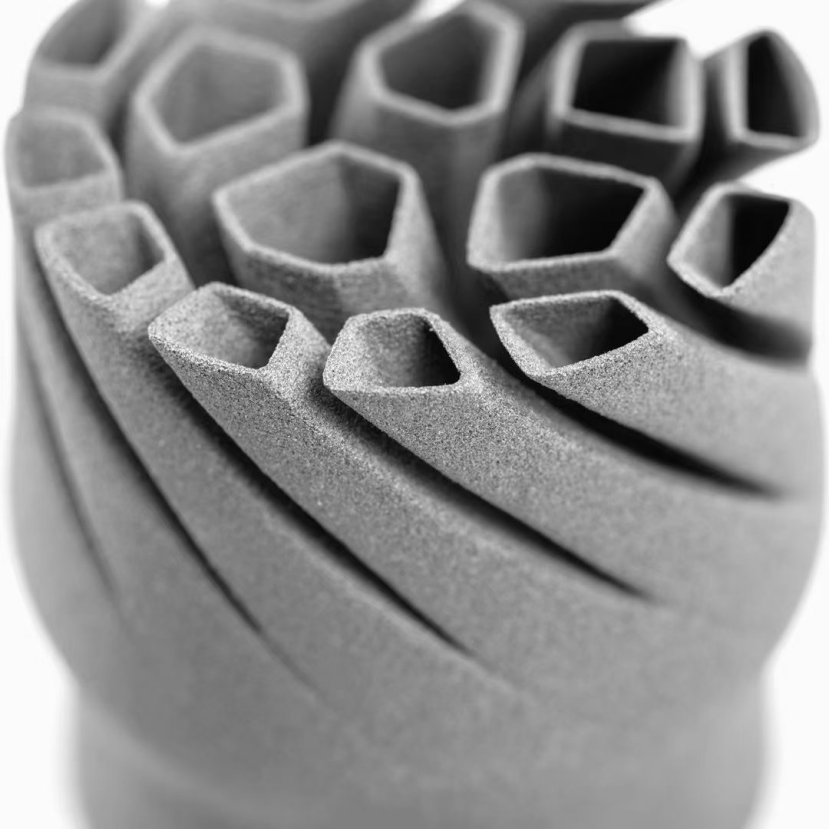prototype plastic molding
Prototype plastic molding represents a revolutionary manufacturing process that enables rapid production of plastic parts and components for testing and validation purposes. This advanced technology combines traditional injection molding principles with modern rapid manufacturing techniques to deliver high-quality prototype parts in a fraction of the time compared to conventional methods. The process begins with creating aluminum molds, which offer an optimal balance between durability and cost-effectiveness. These molds can produce anywhere from a few dozen to several thousand parts, making them ideal for both prototype testing and bridge production runs. The technology incorporates sophisticated temperature control systems, precision injection parameters, and automated part removal mechanisms to ensure consistent quality across production batches. What sets prototype plastic molding apart is its ability to utilize various thermoplastic materials, including engineering-grade resins, allowing manufacturers to test different material properties and performance characteristics. The process also accommodates complex geometries, undercuts, and intricate design features that might be challenging to achieve through other prototyping methods. This versatility makes it an invaluable tool in product development, particularly in industries such as automotive, consumer electronics, medical devices, and aerospace.


